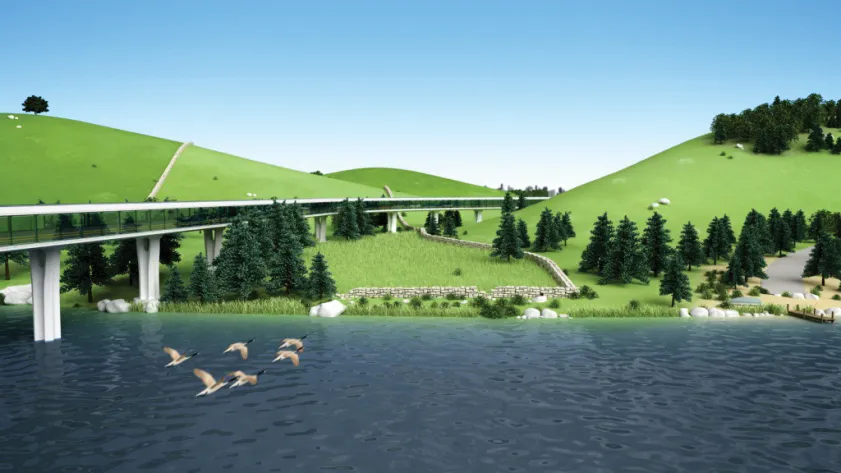Increasing demand for passenger cars worldwide could boost pressure on consumers to consider electric vehicles. According to the World Bank, more cars could be built over the coming 20 years than in the entire auto industry’s 110-year history. The Organisation for Economic Co-operation and Development (OECD) predicts that between 2010 and 2050, passenger transport flow will grow by some 30% in developed countries. This increase will have a significant impact on traditional road networks and modes of transpo
June 25, 2012
Read time: 2 mins

Increasing demand for passenger cars worldwide could boost pressure on consumers to consider electric vehicles. According to the World Bank, more cars could be built over the coming 20 years than in the entire auto industry’s 110-year history.
The3685 Organisation for Economic Co-operation and Development (OECD) predicts that between 2010 and 2050, passenger transport flow will grow by some 30% in developed countries. This increase will have a significant impact on traditional road networks and modes of transport.
A new transport infrastructure is required that can cope with the increase in the volume of traffic. One such concept is the Tracked Electric Vehicle (TEV) Project, which will enable electric and hybrid cars to travel for thousands of km without the need to stop and recharge en route. Car manufacturers, innovators and designers need to educate and inspire vehicle buyers to understand that an EV offers both energy efficiency and zero carbon emissions. Meanwhile contactless charging will deal with concerns over lack of range. TEV could deliver mass transport, across all types of terrain, anywhere in the world, with greatly reduced construction costs. But the project is now at the point where we need to create a global consortium to take it forward. This is being developed as an open-source venture and draws upon available technologies.
TEV has been developed by Will Jones, founder of Philadelphia Scientific and is being presented at the Electric Vehicles Infrastructure World Congress in Berlin.
The
A new transport infrastructure is required that can cope with the increase in the volume of traffic. One such concept is the Tracked Electric Vehicle (TEV) Project, which will enable electric and hybrid cars to travel for thousands of km without the need to stop and recharge en route. Car manufacturers, innovators and designers need to educate and inspire vehicle buyers to understand that an EV offers both energy efficiency and zero carbon emissions. Meanwhile contactless charging will deal with concerns over lack of range. TEV could deliver mass transport, across all types of terrain, anywhere in the world, with greatly reduced construction costs. But the project is now at the point where we need to create a global consortium to take it forward. This is being developed as an open-source venture and draws upon available technologies.
TEV has been developed by Will Jones, founder of Philadelphia Scientific and is being presented at the Electric Vehicles Infrastructure World Congress in Berlin.








